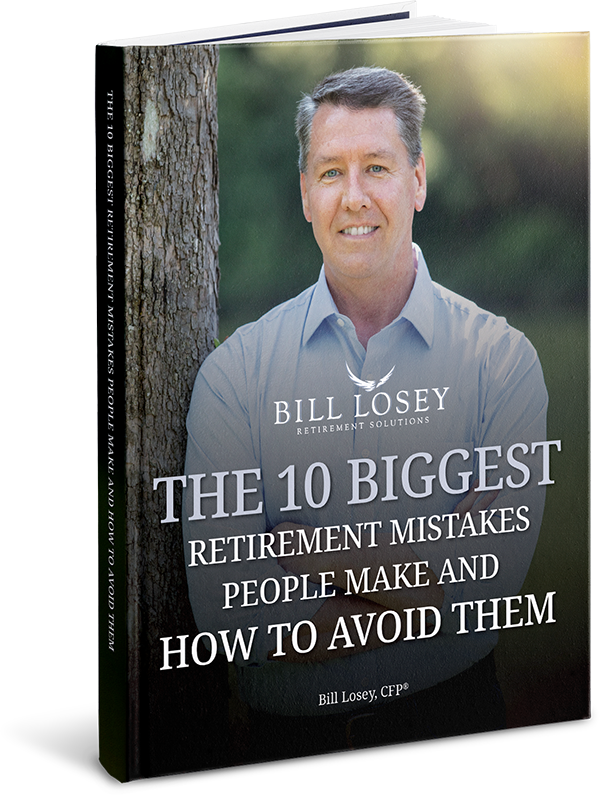Do Your Biases Affect Your Financial Choices?
Investors are routinely warned about allowing their emotions to influence their decisions. However, they are not often cautioned about their preconceptions and biases that may color their financial choices.
In a battle between facts & biases, our biases may win. If we acknowledge this tendency, we may be able to avoid some unexamined choices when it comes to personal finance. It may actually “pay” to recognize blind spots and biases with investing. Here are some common examples of bias creeping into our financial lives.
Letting emotions run the show.
How many investment decisions do we make that have a predictable outcome? Hardly any. In retrospect, it is all too easy to prize the gain from a decision over the wisdom of the decision and to, therefore, believe that the findings with the best outcomes were the best decisions (not necessarily true). Put some distance between your impulse to make a change and the action you want to take to help get some perspective on how your emotions affect your investment decisions.1
Valuing facts we “know” & “see” more than “abstract” facts.
Information that seems abstract may seem less valid or valuable than information related to personal experience. This is true when we consider different types of investments, the state of the markets, and the economy’s health.1
Valuing the latest information most.
The latest news is often more valuable than old news in the investment world. But when the latest news is consistently good (or consistently bad), memories of previous market climate(s) may become too distant. If we are not careful, our minds may subconsciously dismiss the eventual emergence of the next market cycle.1
Being overconfident.
The more experienced we are at investing, the more confidence we have in our investment choices. When the market is going up, and a clear majority of our investment choices work out well, this reinforces our confidence, sometimes to a point where we may start to feel we can do little wrong, thanks to the state of the market, our investing acumen, or both. This can be dangerous.1
The herd mentality.
You know how this goes: if everyone is doing something, they must be doing it for sound and logical reasons. The herd mentality leads some investors to buy high (and sell low). It can also promote panic selling. The advent of social media hasn’t helped with this idea. Above all, it encourages market timing, and when investors try to time the market, it can influence their overall performance.1
Sometimes, asking ourselves what our certainty is based on and reflecting on ourselves can be helpful and informative. Examining your preconceptions may help you as you invest.
1. Investopedia.com, May 27, 2025


